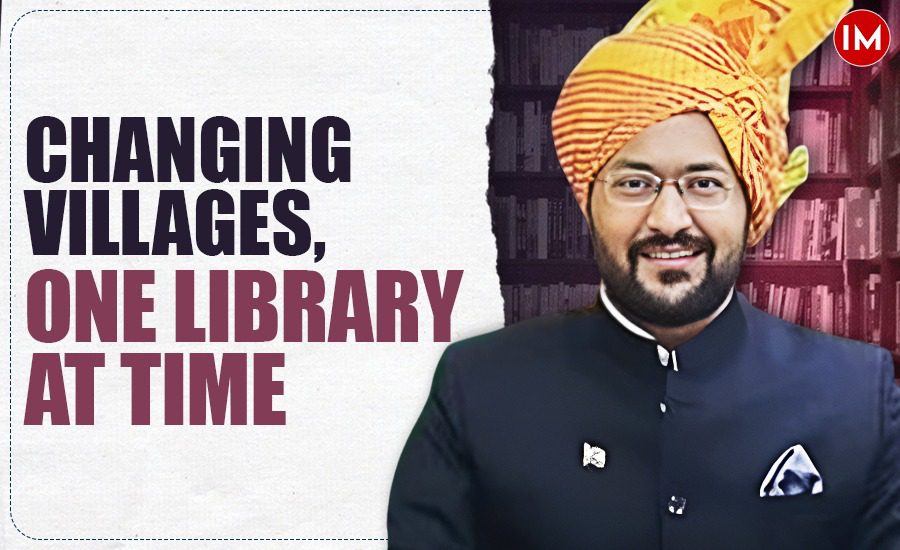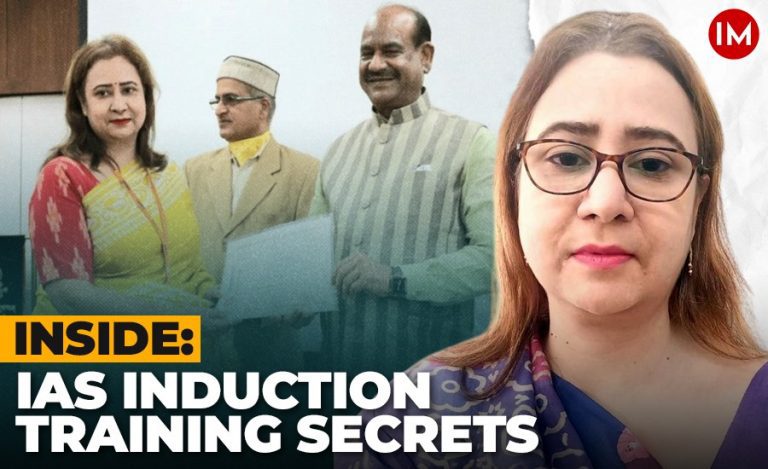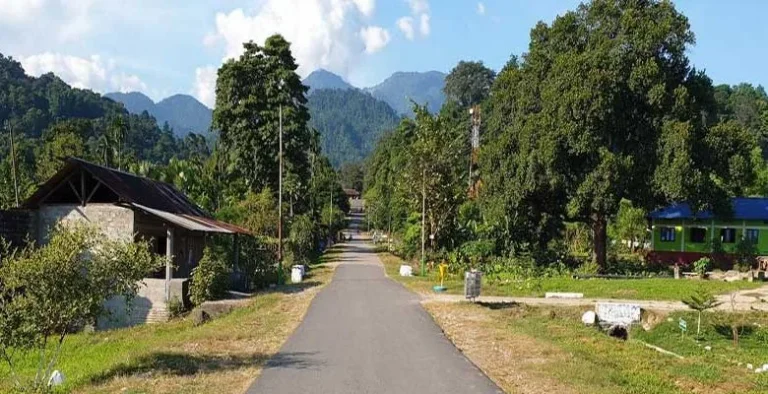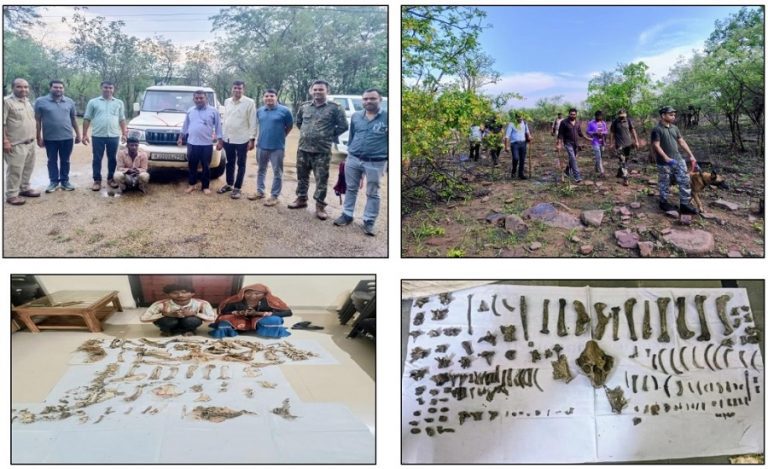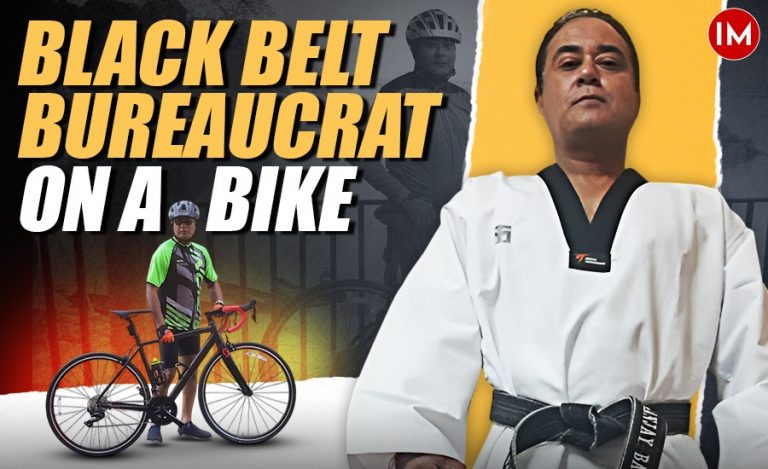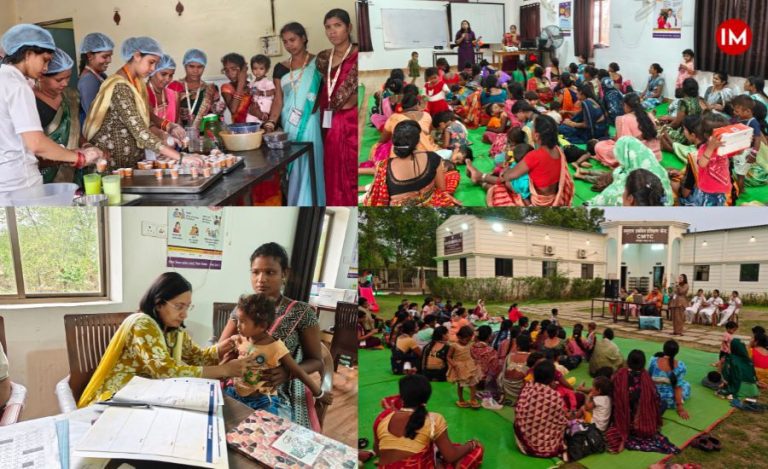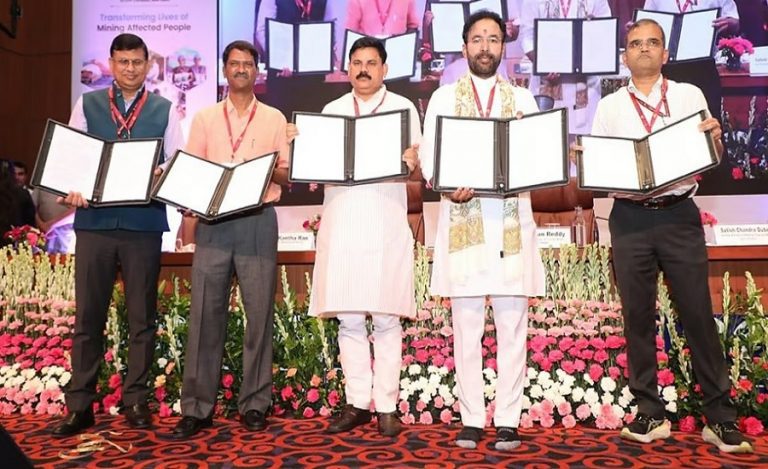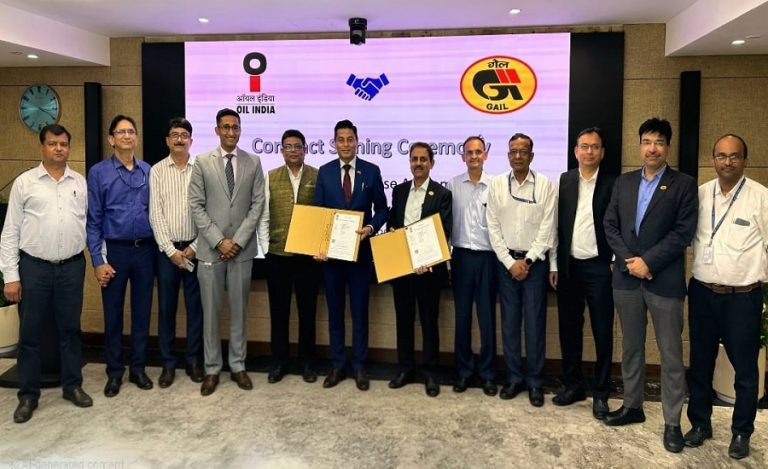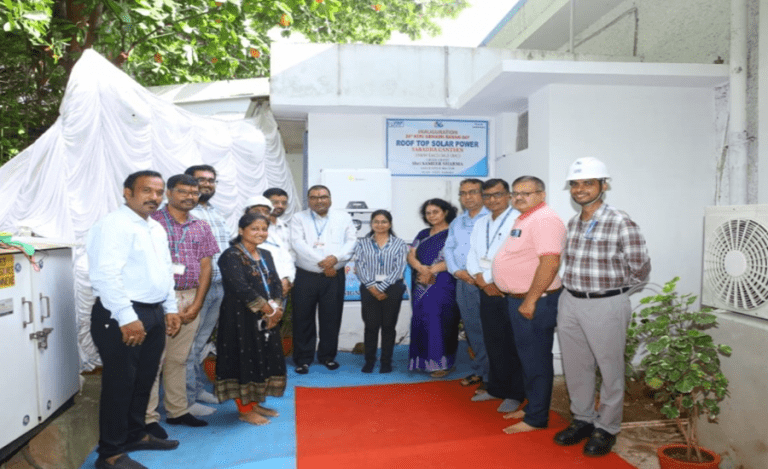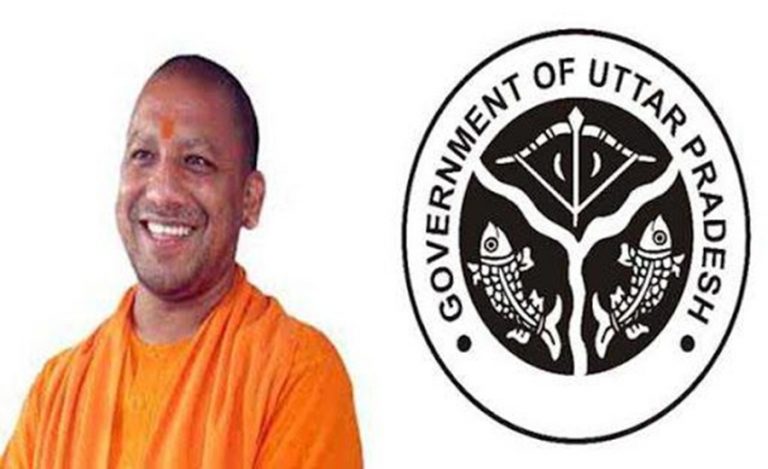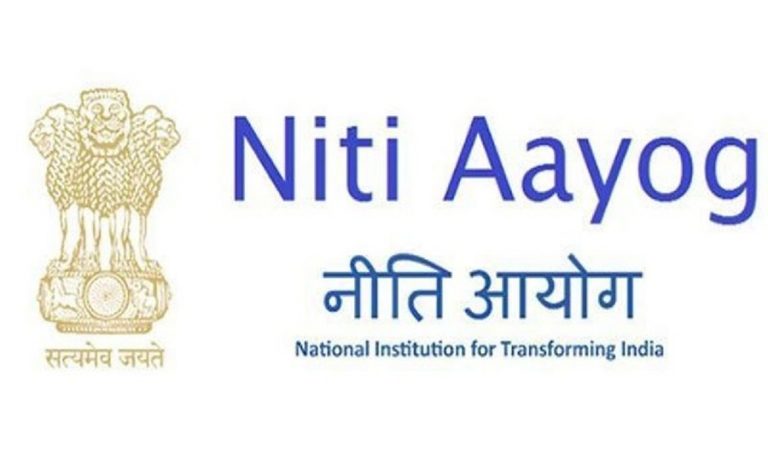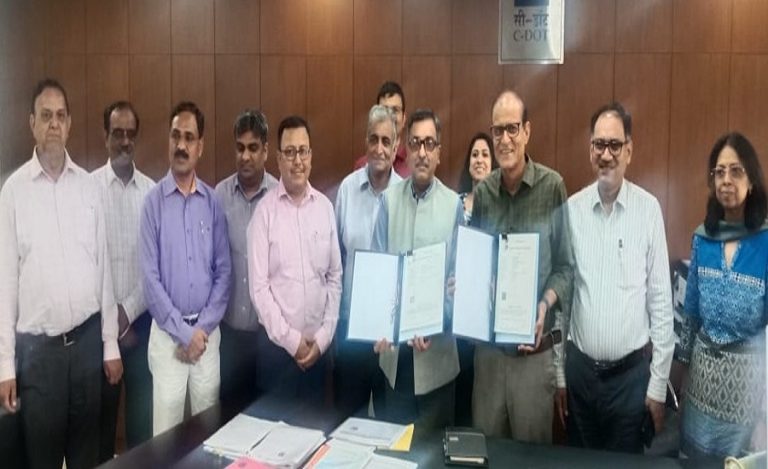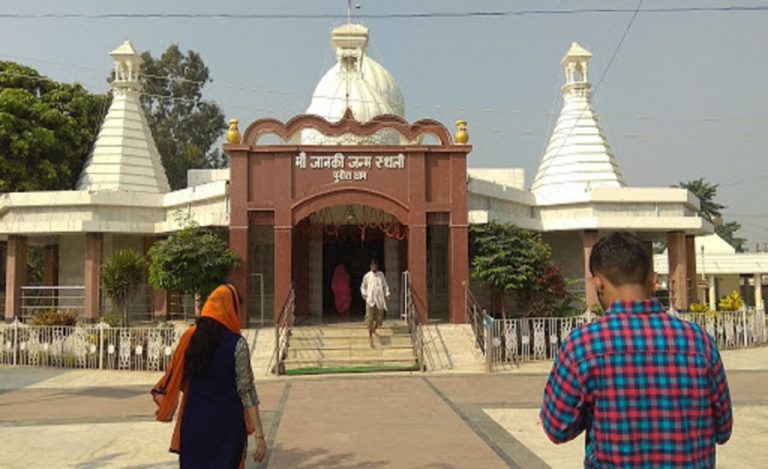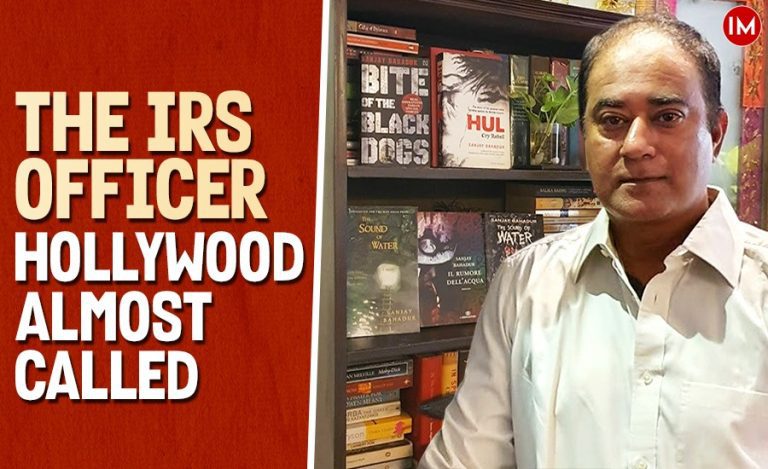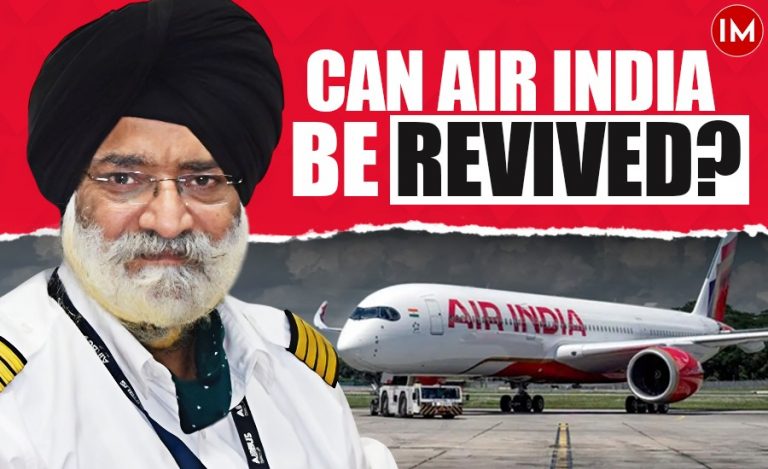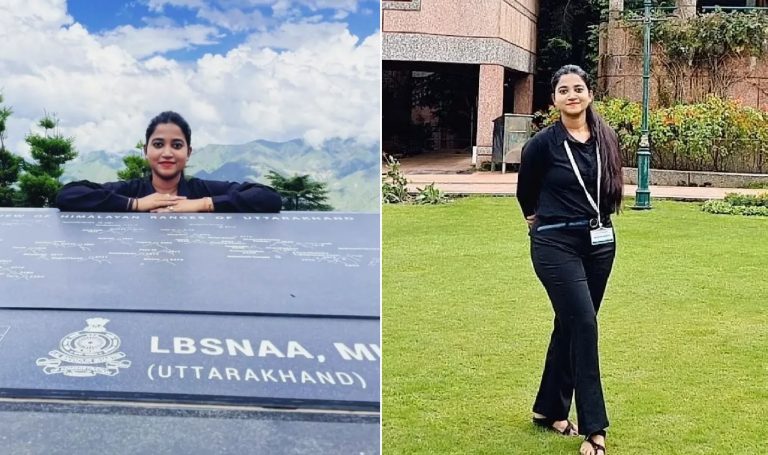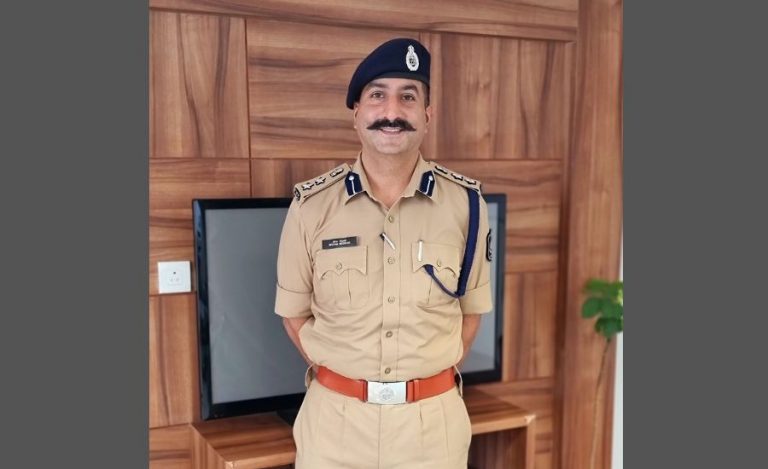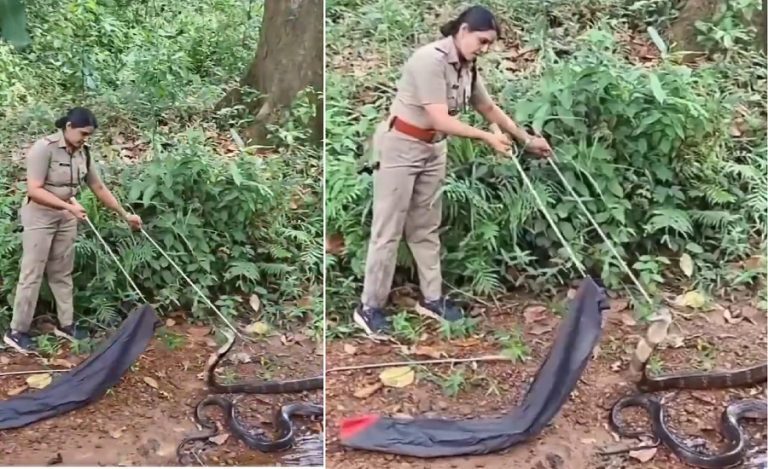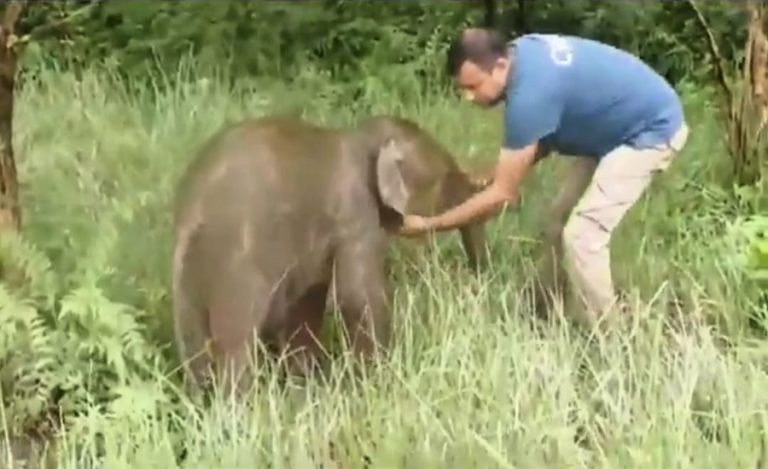UPSC Civil Services Examination is often dubbed as one of the toughest exams in the world. Cracking it even once is a monumental achievement, but Akash Bansal defied all odds by cracking it not once, not twice—but three times. A story of sheer hardwork, calculated risk-taking, and extreme focus, Akash’s journey is as inspiring as it is unique.
2019 batch officer from the Punjab cadre, Akash Bansal, hails from a modest background. After completing his education in engineering, he briefly ventured into the world of startups. But the call of public service proved louder. In 2016, he appeared for his first UPSC attempt and secured an All India Rank of 165. He was allotted the Indian Revenue Service. For many, this would have marked the culmination of a dream. For Akash, it was just the beginning.
In an exclusive conversation with Indian Masterminds, he shared about his journey.
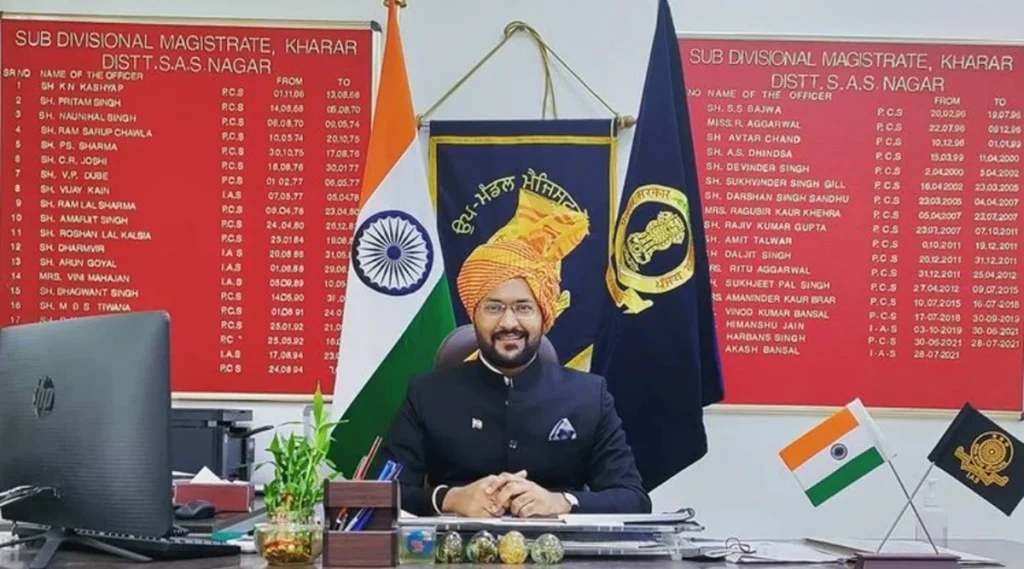
THREE ATTEMPTS, THREE SELECTIONS: WHY AKASH DIDN’T STOP
Despite his initial success, Akash’s heart was set on the IAS. The following year, in 2017, he reappeared and improved his rank to 130. This time, he was selected for the Indian Foreign Service. However, he made a bold move; he declined the IFS offer and continued in the IRS, still chasing his dream.
His efforts paid off in 2018 when he secured a stellar rank of 76 and was finally allotted the IAS. Today, he serves in the Punjab cadre and is posted as the Additional Deputy Commissioner in Mansa district.
What makes Akash’s journey remarkable is not just the multiple selections but the vision and grit behind every decision. Studying while serving as an IRS officer, balancing work pressure and exam prep, and making tough choices, all define the steel behind the smile.

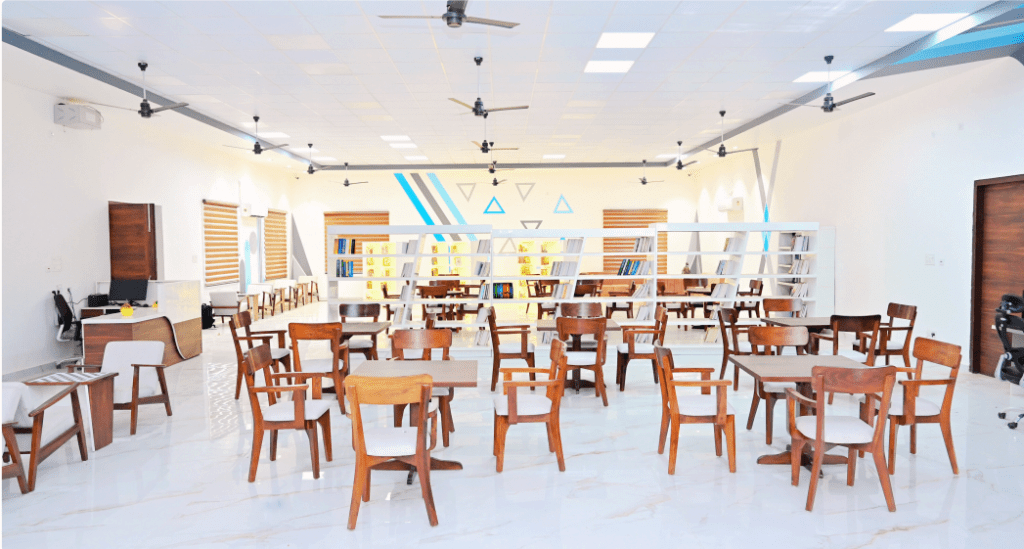
THE LIBRARIAN OF RURAL PUNJAB
Once in the IAS, Akash Bansal’s commitment to grassroots change took center stage. Mansa district in Punjab, like many parts of the state, was grappling with the growing menace of drug addiction among the youth. Akash saw a gap, and he filled it with knowledge.
His solution? Establishing modern libraries in rural areas.
These aren’t your typical libraries. Picture this: bright, IKEA-furnished interiors, WiFi connectivity, computers, newspapers, discussion zones, and reading spaces for up to 250 people. These youth libraries are designed to be community hubs. not just for students, but for women, elderly citizens, and anyone seeking a meaningful engagement with knowledge.
“These libraries are our way of giving rural youth the same environment and facilities that urban kids get. It’s about giving them space, inspiration, and a fighting chance,” he stated.

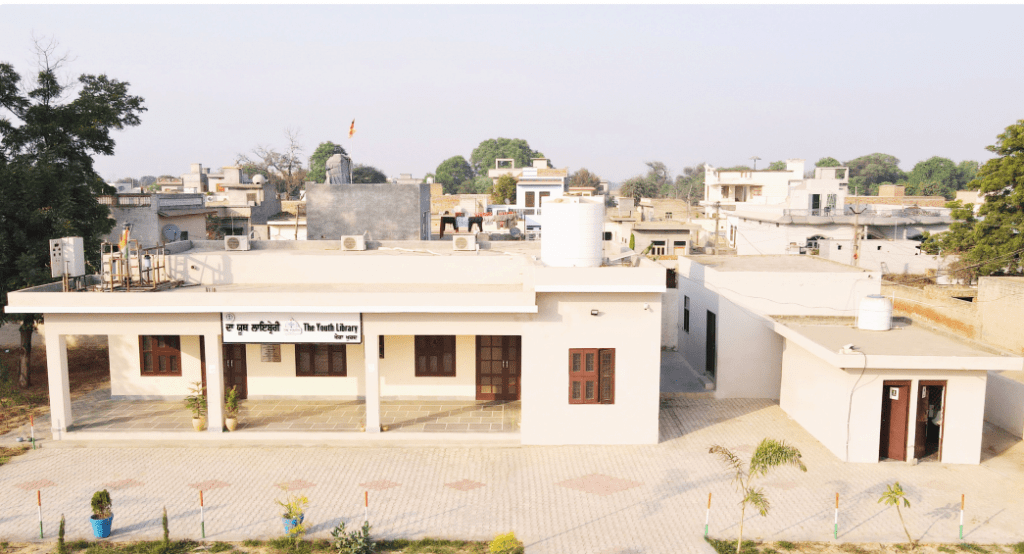
A FIGHT AGAINST DRUGS WITH THE POWER OF KNOWLEDGE
The backdrop of Akash’s initiative is deeply socio-political. Punjab’s drug problem isn’t just a law enforcement issue; it’s a crisis of opportunity and engagement. By opening these libraries across villages in Mansa, Akash is offering a powerful, non-punitive alternative – learning and community.
“On the day of inauguration, the entire village shows up. Then slowly, students start coming regularly – 100, sometimes even 150 a day. The libraries attract people from nearby villages too,” he told Indian Masterminds.
The flexible timings, the local management through Gram Panchayats, and community involvement ensure sustainability. Every library is eventually handed over to local stakeholders, creating a sense of ownership and pride.

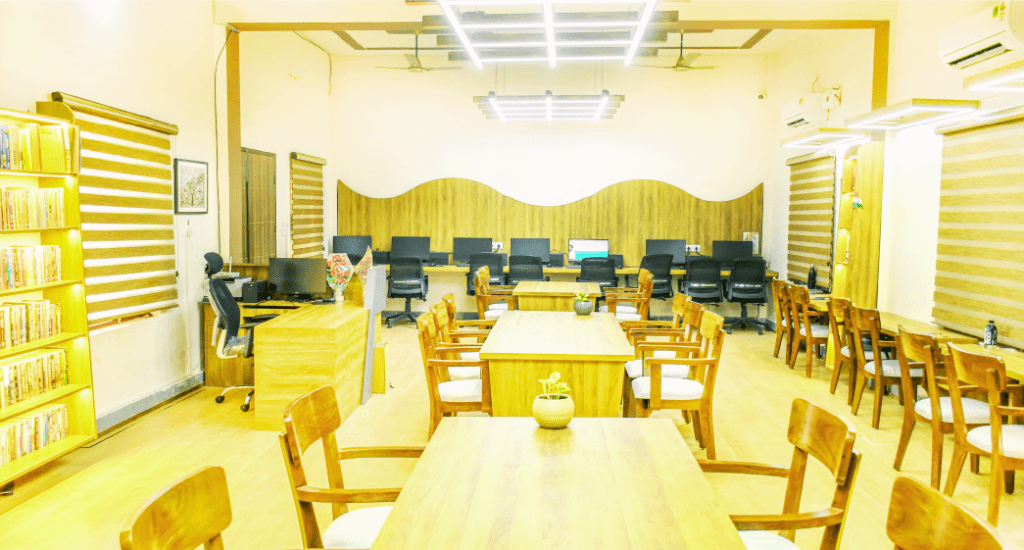
INSPIRED BY PM’S GRAMODAYA PUSH
Akash openly credits his inspiration to Prime Minister Narendra Modi’s vision of rural transformation. His aim was to bring ‘urban-quality’ facilities to the most underserved areas—and these libraries are just the beginning.
Each library isn’t just a room with books. It’s a symbol of empowerment, a space where youth can dream beyond their circumstances, and where community members can rediscover the joy of learning.
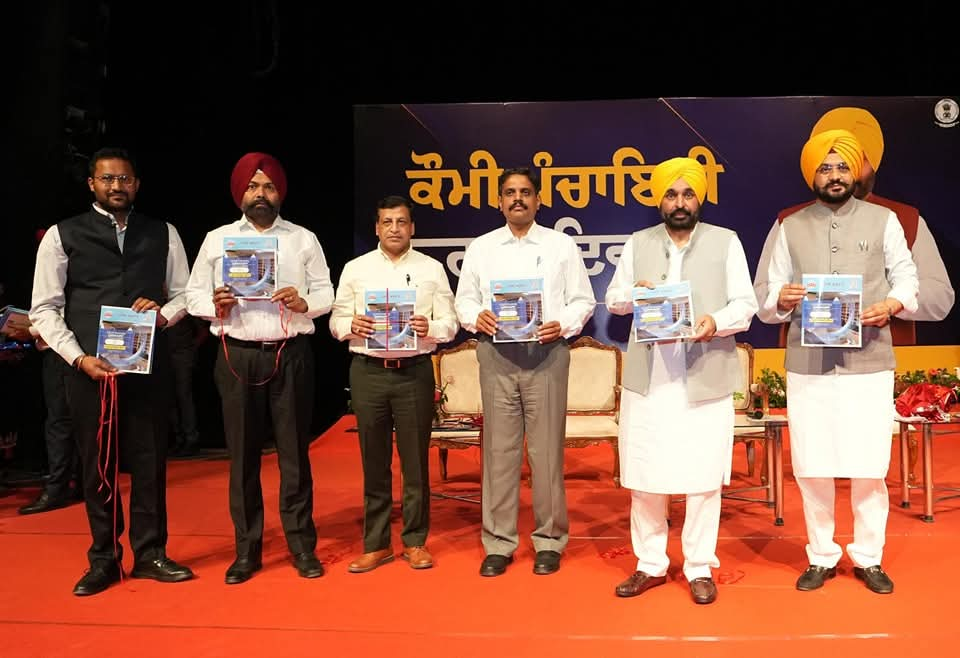
BEYOND THE BADGE
Akash Bansal’s journey is a lesson in dreaming big and working hard with a plan. From acing UPSC thrice to saying no to coveted services and finally using his position to uplift others, his story is that of purposeful persistence.
And as for those wondering whether one can truly make a difference in government service, Akash Bansal’s rural library revolution offers a resounding answer: Yes, with clarity of vision and the courage to act, one can.

